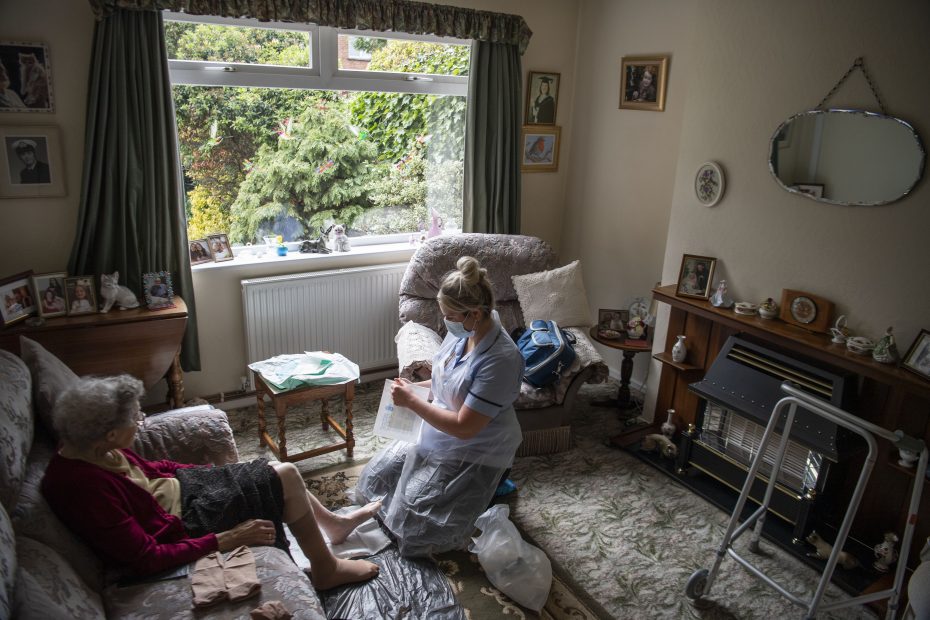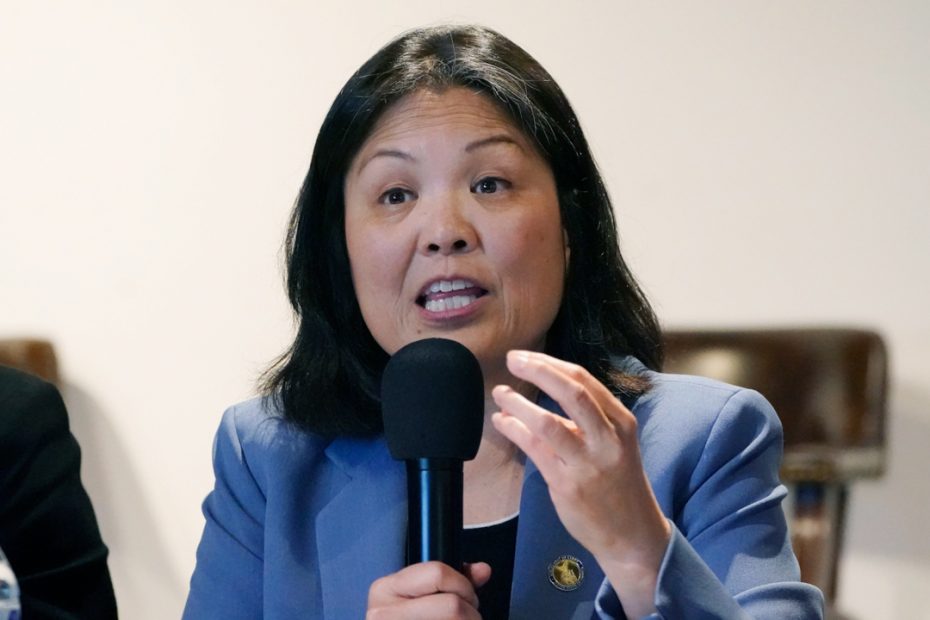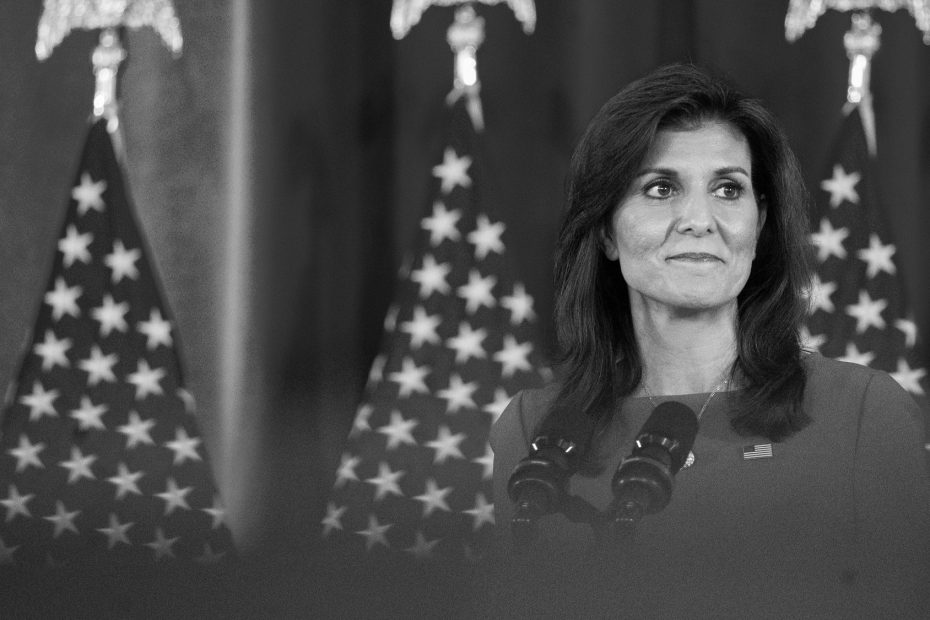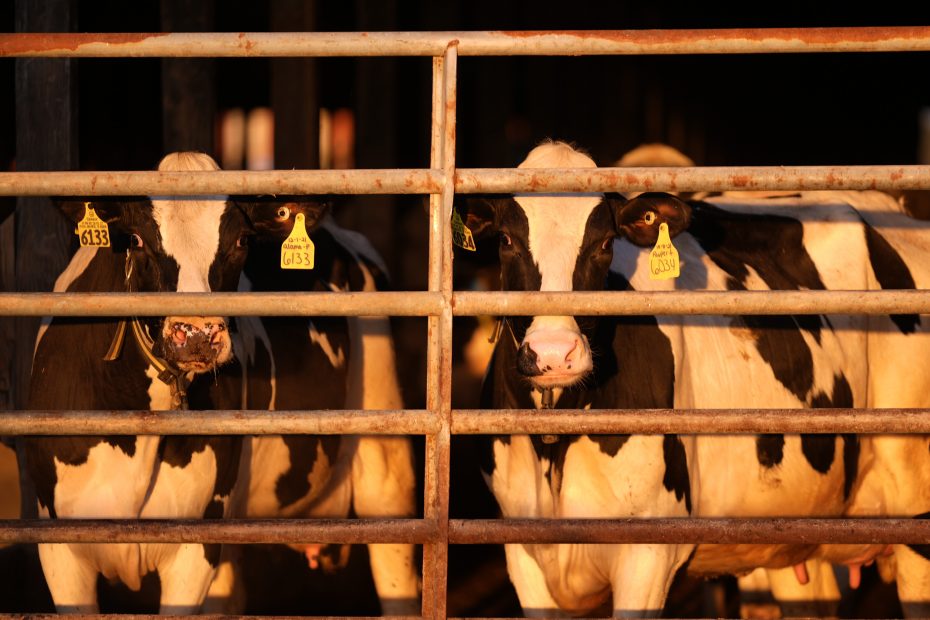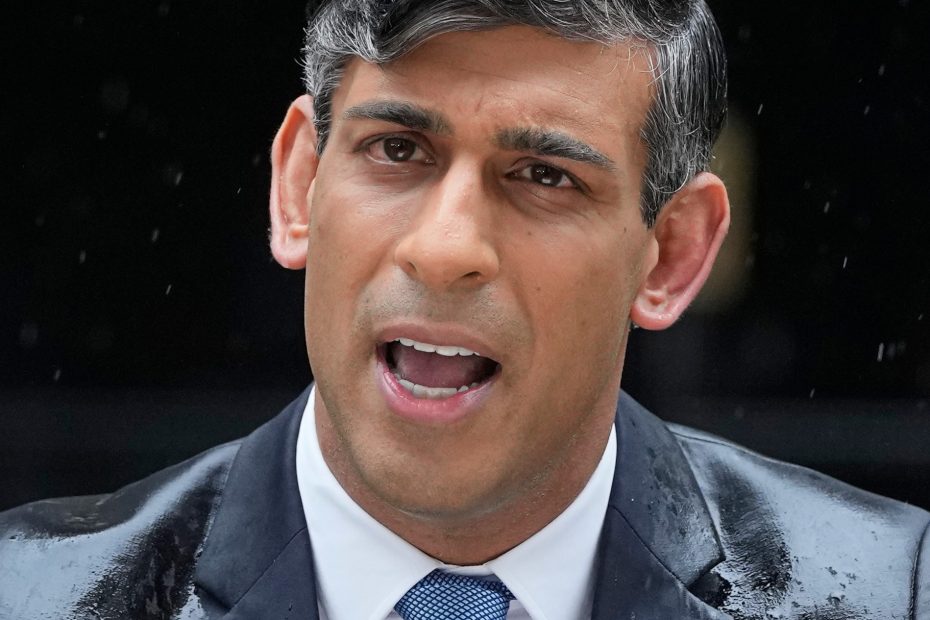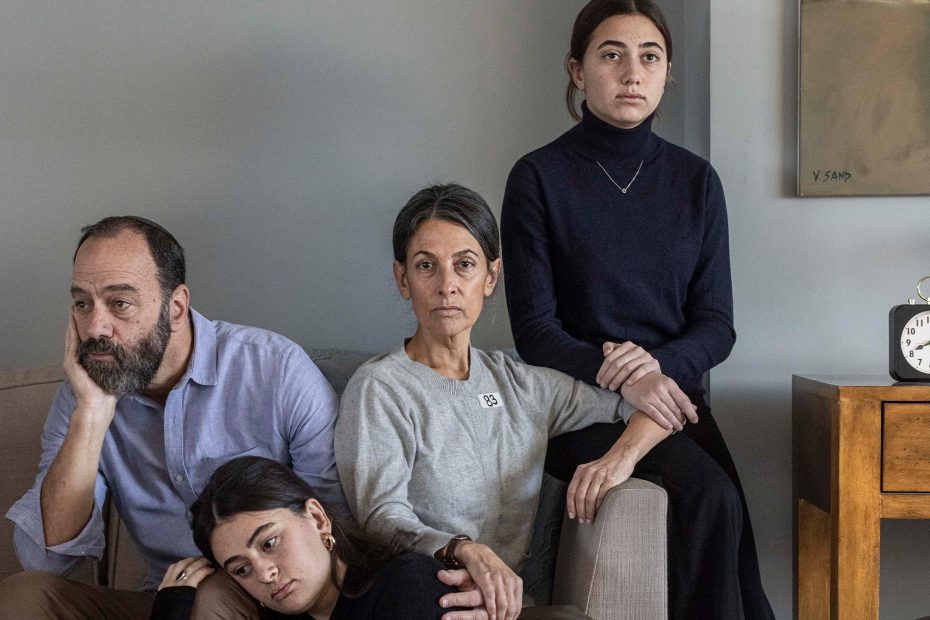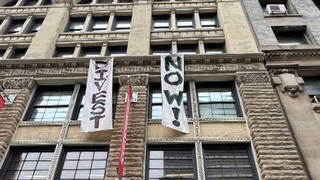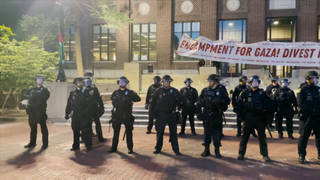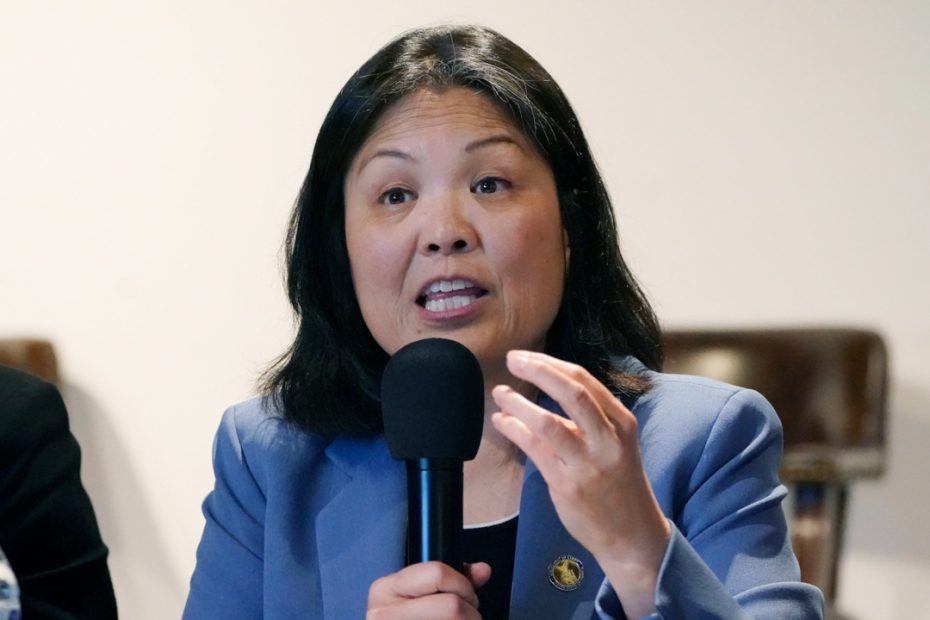Irish Lawmaker: Recognizing Palestine as a State Is Rooted in Our History of Colonization & Famine
Three European nations have announced plans to recognize the State of Palestine, joining 143 other countries around the world in formal recognition. Leaders in Ireland, Norway and Spain cited a desire to support a political solution to the ongoing conflict in Gaza as the driving force behind the announcements, while Israel responded by recalling its ambassadors from all three countries. Israel’s Ambassador to Ireland Dana Erlich called the move a “prize for terrorism.



